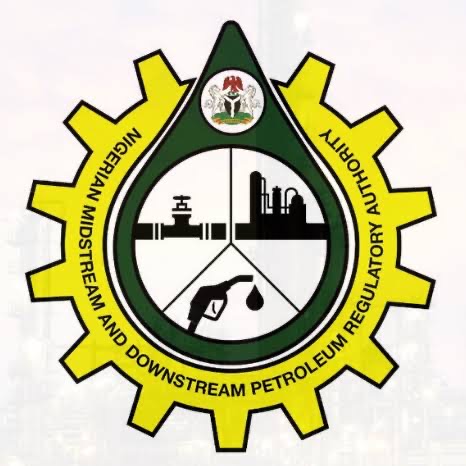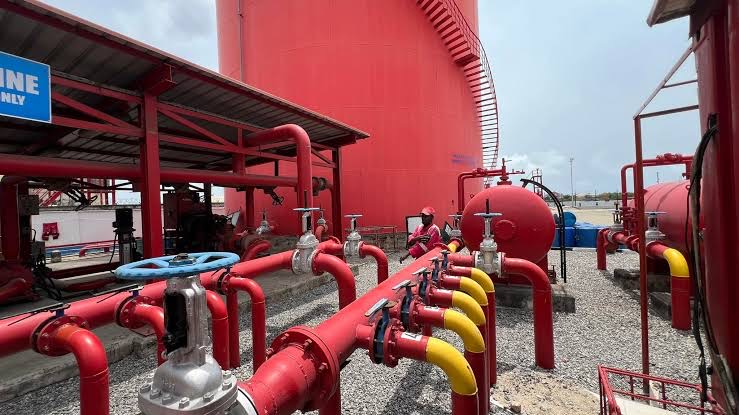Recent investigations have uncovered the reasons behind the surprisingly low uptake of Dangote Petroleum Refinery’s products, with only a mere 3% of local oil marketers opting to purchase diesel and aviation fuel from the refinery since its production began earlier this year.
Dangote Industries Limited Vice President Devakumar Edwin said on September 11, 2024, that Dangote Refinery has been forced to export 97 percent of its refined products due to its small customer base.
“The conglomerate of all oil marketers is refusing to buy from us. It is very strange that after putting up the refinery to supply the products locally, we have to export every diesel and jet fuel because they do not want to buy from us,” he said on X-Space hosted by Journalists.
However, some traders who spoke to our Journalist said that some trading policies of Dangote Refinery management may be a significant hindrance to customers. They argued that the loading limit of at least 20,000 tonnes (equivalent to 5 million litres) per diesel buyer was a major hindrance.

They noted that for local oil companies wanting to buy 10,000 tonnes from Dangote, the barrier made it difficult, if not impossible.
“It means you need a lot of cash, which is a big problem because most of the traders in the diesel business are relatively small-scale businesses who rely on credit to do business,” said a downstream Senior Executive.
“Dangote refinery restricted loading to 20,000 metric tonnes minimum and many marketers, who required lower volumes of 5000, 10,000, and 15,000 metric tonnes of any product (automotive gas oil or aviation turbine kerosene), were denied by Dangote refinery. Such marketers are seen as not being worthy of their attention.
“Marketers wanted to co-load their volumes but disparity in the time the product is required differs and Dangote refinery has refused to reconsider requests for the lower quantities. How do you then turn around to blame the same marketers for not patronizing the refinery?” the executive added.
Oil traders said they were facing dollar payment issues and insisted that the offtake of cargoes from the refinery should be paid in naira and not US dollars.
“Requirements for purchases from Dangote Refinery include payment in dollars, letters of credit, and bills of lading. Local oil traders should have the option to pay in naira, which would ease the pressure on the naira.” “But that is not the case at the moment,” one of the traders said.
In response to allegations that Dangote Refinery has been forced to export its products due to low demand from local traders, traders appealed for a review of the current guidelines.
“We are disadvantaged by the Dangote refinery policy of selling big parcels of products to international traders who then take such products offshore Lome and resell to Nigerian oil traders in small parcels and market terms that we are not used to,” the marketer pointed out.

He said, “Much of the diesel sold by Dangote refinery to big international players find its way back to Nigeria as most traders in Nigeria buy from Lome at a lower quantity and sell in Nigeria.”
Traders said that despite all the burdens posed by Dangote Refinery’s trade restrictions, local oil companies have shown serious intentions and are supporting the refinery far beyond the 3 percent mentioned by the group vice president.
One oil trader said, “It is only the refinery’s management that can widen the scope of the patronage by relaxing all the policies that are not in the interest of the local traders,”
Documents from the Nigerian Midstream and Downstream Petroleum Regulatory Agency (NMDPRA) reveal that local independent traders including Asarami, MRS Oil and Gas, AA Rano, Rain Oil, Prudent, NIPCO, Ayim Shafa, Danmaluna, among others, have visited Dangote refinery in the past few months. Traders say the development will strengthen their commitment to ensure seamless access to petroleum products across the country.
According to transactions from April to September, Marketers have lifted 489,500 tonnes of diesel fuel (AGO) and 29,000 tonnes of Jet A1 and distributed them to various ports in Nigeria, with 17 shipments of AGO going to Lagos, six to Warri, two to Port Harcourt and one to Calabar. All three Jet A1 deliveries were discharged in Lagos.
Olufemi Adewole, Managing Director of the Petroleum Products Marketers Association of Nigeria (DAPPMAN), announced on September 14 that oil traders had taken delivery of 518,500 metric tonnes (MT) of aviation fuel and AGO, also known as diesel, from the Dangote refinery.
Adewole said products taken from the refinery accounted for 60 percent of truck departures nationwide in five months. Adewole said the oil trader’s support is a confirmation of the group’s commitment to ensuring smooth access to petroleum products in Nigeria.
The oil trader, however, said uncertainty over the availability of petrol from Dangote Refinery remains a barrier to support in the local market.
Adewole said the sector must be run with transparency to enable all stakeholders to thrive and contribute significantly to ensuring the availability, reliability, and accessibility of petroleum products across the country.

































